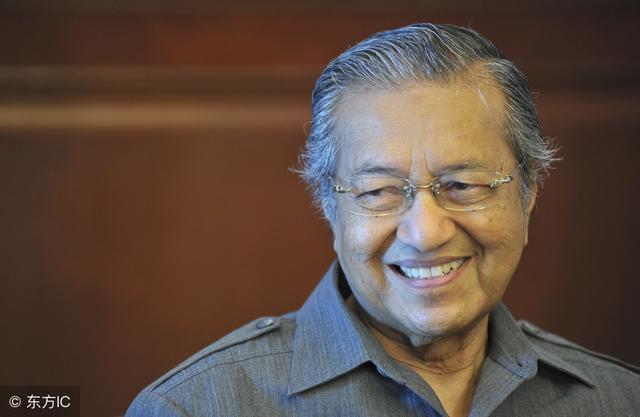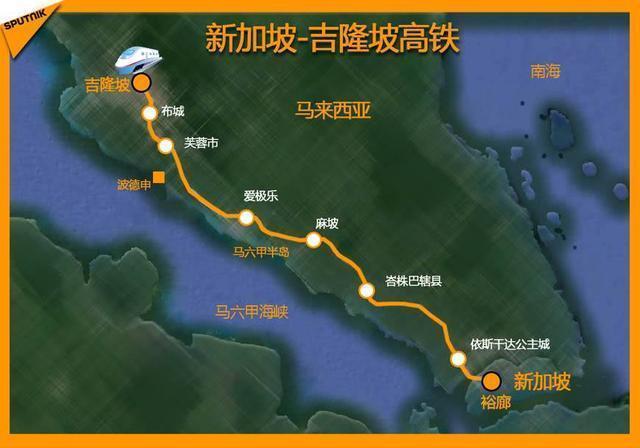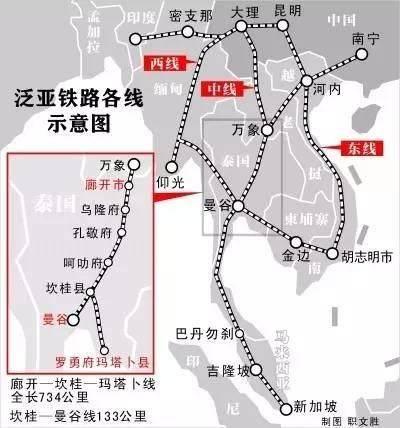Since taking office this year, Malaysian prime minister mahathir mohamad has announced the postponing of some major development projects, such as the shinlong high-speed railway and the east coast railway. But in a recent interview, mahathir suddenly harked back to 23 years ago

When Malaysian prime minister mahathir mohamad came to power this year, he announced the postponement of major development projects such as the xinlong high-speed railway and the east coast railway. But in a recent interview, Mr Mahathir suddenly revived the idea of a 23-year old "pan-asian railway", proposing a railway from kunming in China's yunnan province to Singapore.
The railway proposed by mahathir mahathir during a recent visit to ETTODAY news cloud by Taiwan media will run from kunming to Singapore via Vietnam, Cambodia, Laos, Thailand and Malaysia. He believes this will make it easier for China to move people and goods around the region, and he believes the completion of the railway will be good for Malaysia's economy.

Mr Mahathir's reference to the kunming to Singapore railway was part of his proposal for a "pan-asian railway" in 1995. The "pan-asian railway" proposed by mahathir was divided into three lines: east, middle and west, passing through seven countries in China and southeast Asia. All three routes start in kunming and end in Singapore.
The eastern route is 5,450 kilometers from kunming to Singapore via Hanoi, Cambodia, Thailand and Malaysia. The middle route is 3,900 km from kunming to Singapore via vientiane, Thailand and Malaysia. Western line from kunming to ruili into myanmar via yangon, via Thailand, Malaysia and Singapore, a total length of 4760 km.

Analysts believe that Mr Mahathir's proposal for the kunming - Singapore railway at this time may have something to do with his visit to China next month. But the time is not right for the launch of the kms-singapore railway as the pending shinlong and east coast railway (east coast railway) plans are not resolved for one day, and neither China nor Singapore is believed to have the will to invest in other railway projects.
